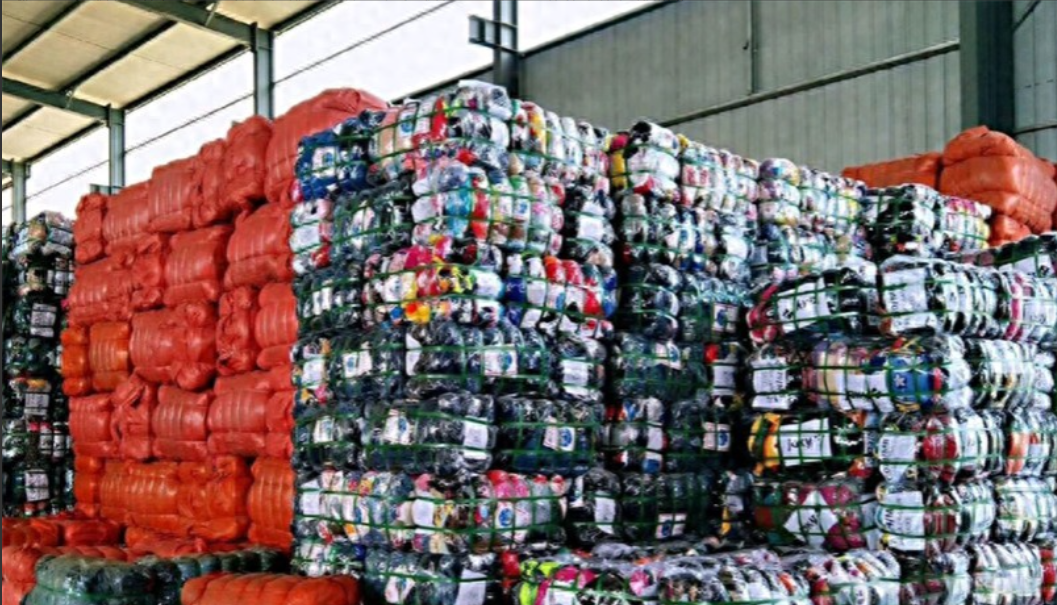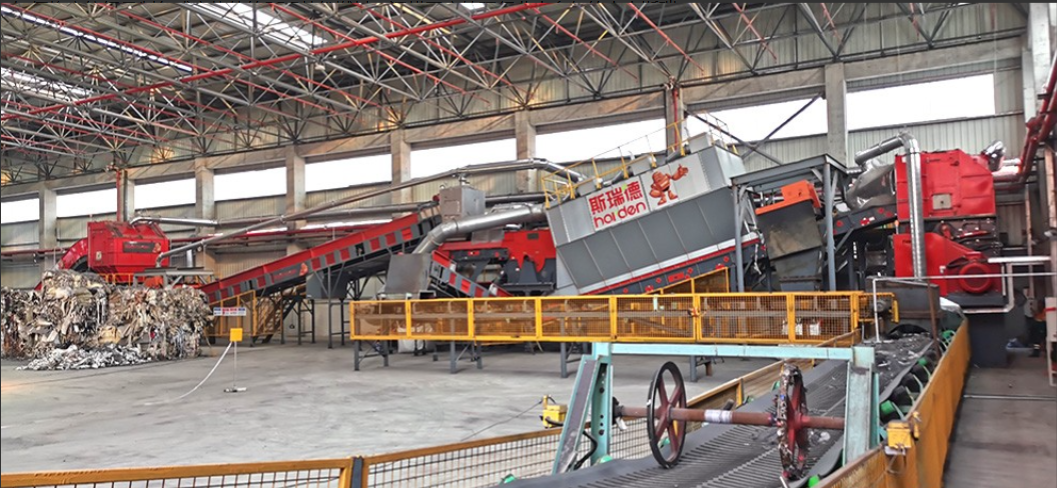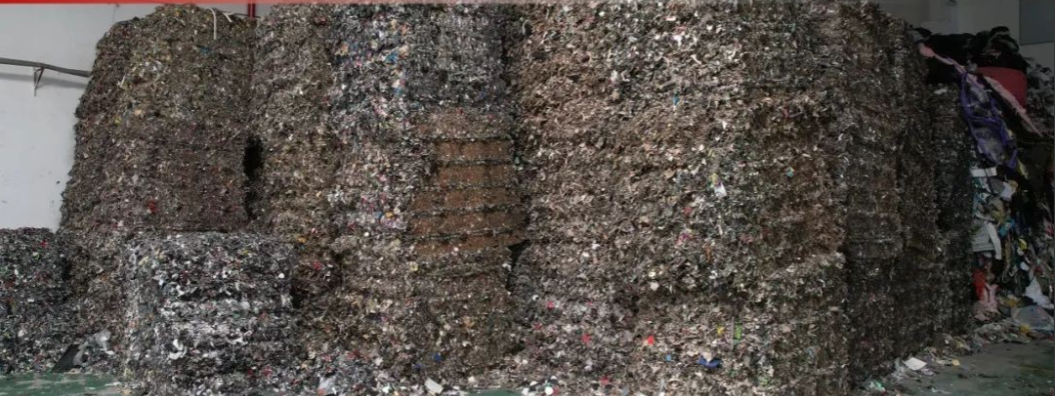Waste Textiles: An Untapped "Energy Goldmine"!
Waste textiles have uniform composition and low impurity content, making them ideal for conversion into SRF/RDF (Solid Recovered Fuel/Refuse-Derived Fuel) with a typical particle size of 50–300 mm.
High Calorific Value = Cost Savings
Baled for easy transport & sale
Dry-base calorific value: ~5,000 × 4.18 kJ/kg
Pure polyester textiles: 5,500 kcal/kg (comparable to lignite)
Blended fabrics: >4,000 kcal/kg
Average combustion value: 4,500–5,000 kcal/kg (75% of coal)
When supplied to cement plants, waste textiles significantly reduce coal consumption and procurement costs.

HARDEN's Solution: High-Efficiency RDF/SRF Production
With over a decade of expertise in waste processing, Harden Machinery Ltd. delivers an optimized solution for converting waste textiles into high-calorific RDF/SRF.
Core Concept: "Finer Shredding, Faster Sorting, More Precise Separation"
Guided by this principle, HARDEN has developed a dedicated textile RDF/SRF production system, offering higher efficiency and precision for industrial waste processing.
Key Applications
The system processes:
✔ Waste textiles (discarded clothing, fabric scraps)
✔ Leather offcuts
✔ Waste plastics & other general industrial waste

Advanced Processing: "Shredding + Air Classification + Magnetic Separation"
Primary shredding → Metal/heavy material removal
Fine shredding → Final RDF/SRF size: 30–80 mm

The Future of Industrial Waste: Reduce, Reuse, Recover
Converting waste textiles, leather, and plastics into high-energy RDF/SRF represents a sustainable shift in industrial waste management:
✅ Cost savings (reduced fossil fuel dependency)
✅ Major carbon footprint reduction
HARDEN is driving the transition toward zero-waste, low-carbon industrial production.

